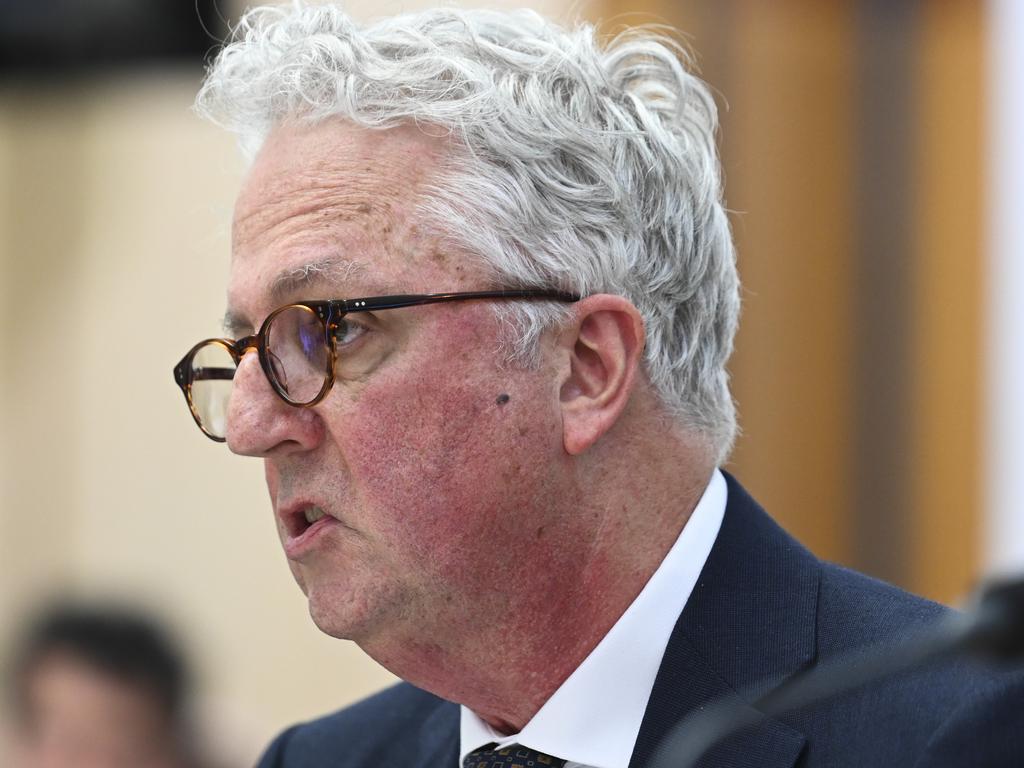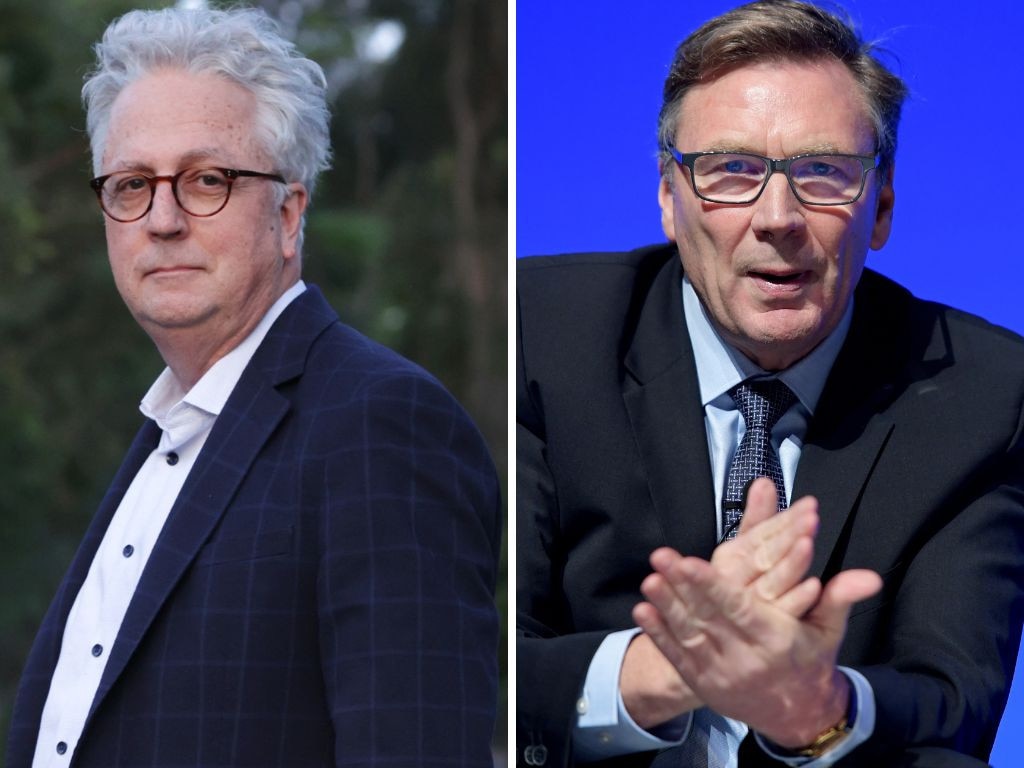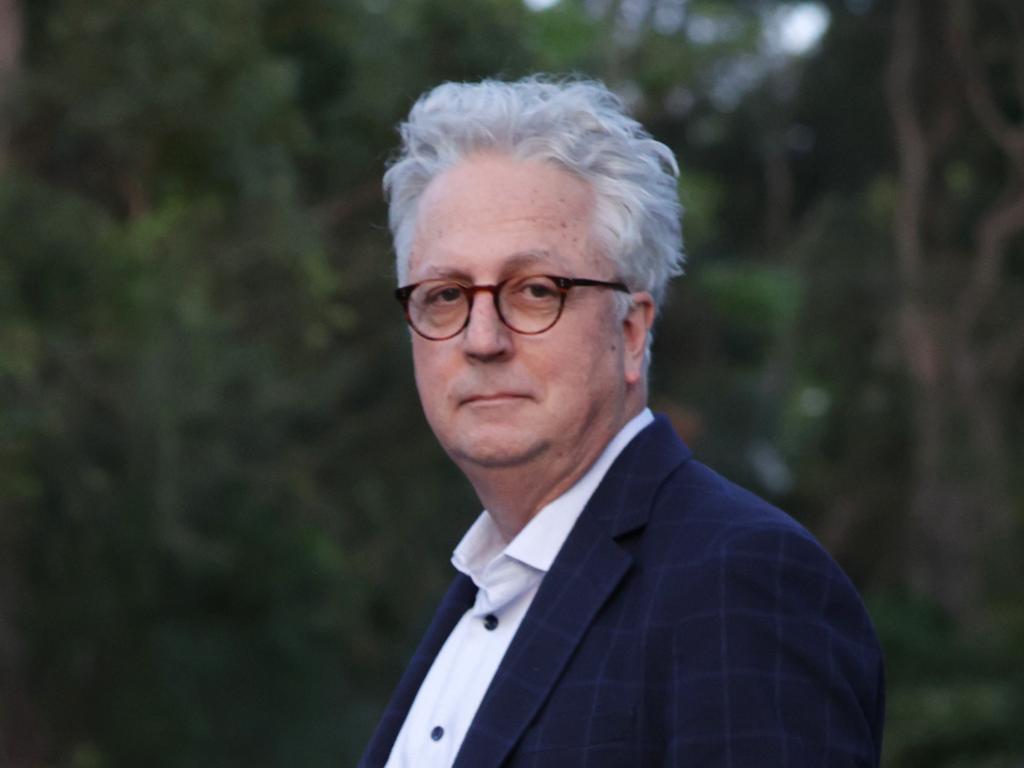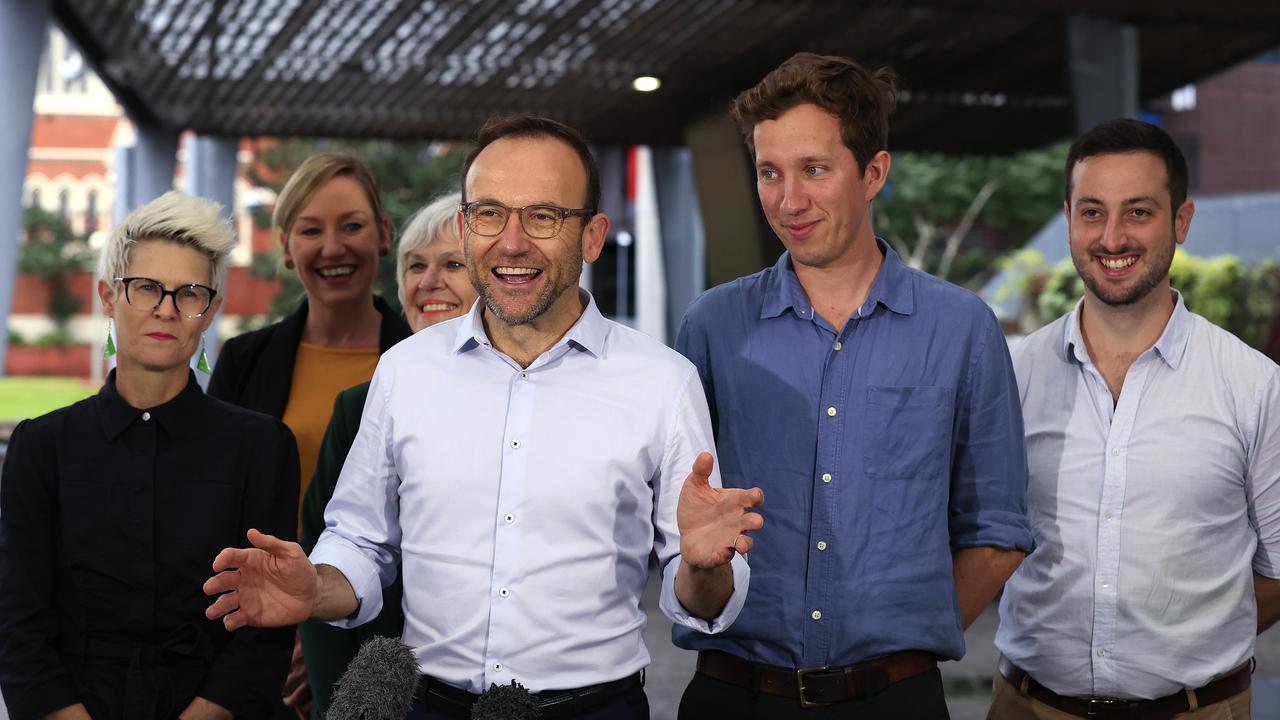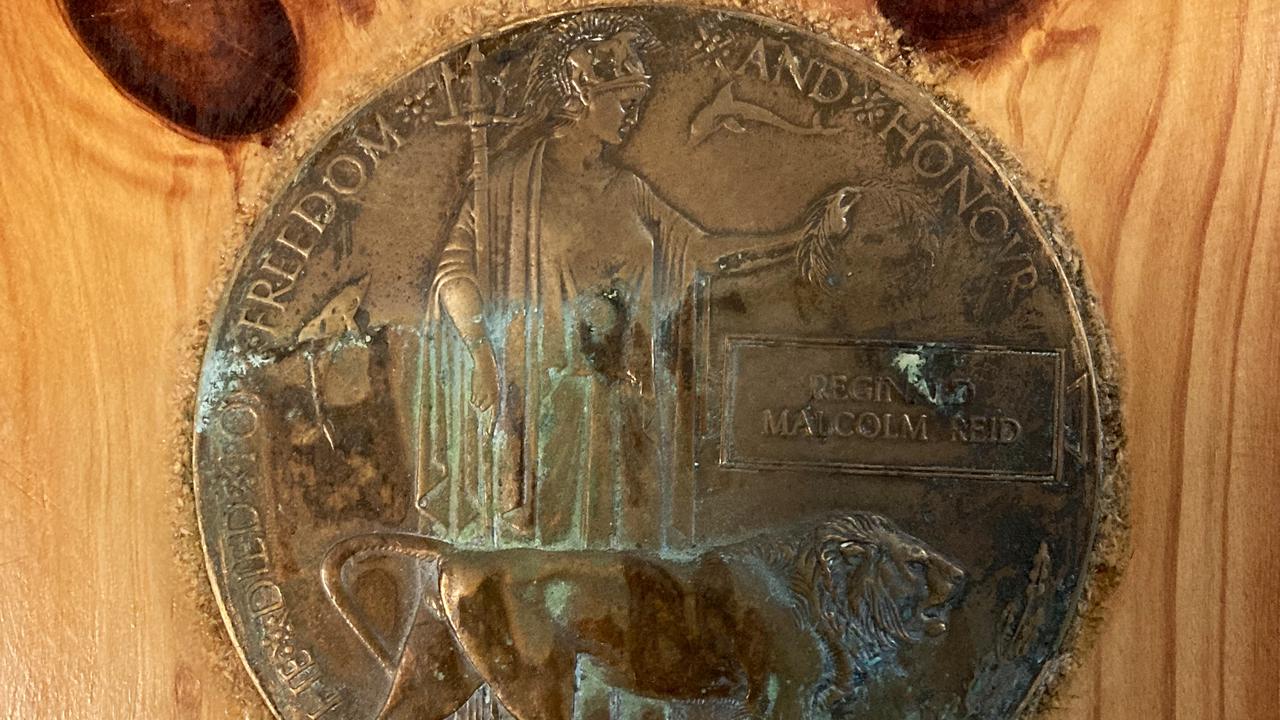Coalition calls on University of Sydney vice-chancellor Mark Scott to resign
The Coalition has demanded that University of Sydney vice-chancellor Mark Scott resign over his management of the student reaction to the October 7 terrorist attacks.

The Coalition has demanded that University of Sydney vice-chancellor Mark Scott resign over his management of the student reaction to the October 7 terrorist attacks.
This adds to other calls – including from the Zionist Federation of Australia, the Australasian Union of Jewish Students, and current and former staff members – for Professor Scott to resign.
Peter Dutton also called on chancellor David Thodey to step down. This call has not been echoed by those other organisations. Mr Thodey, who started his term in July this year, recently declined to explicitly support Professor Scott.
“If they had any shred of integrity, they would have resigned by now and they should because there are people in the Jewish community, whether they’re academics or students, who were treated, they were discriminated against and they’ve been treated in a way that we wouldn’t accept any other group regardless of their religion or background or race or whatever it might be, that they would be treated like that,” the Opposition Leader told 2GB.
“So Mark Scott’s admitted that they got it wrong and they got it wrong well and truly.
“Both men were aware of the situation, even though they might deny it, and I don’t think their positions are tenable.”
Mr Dutton’s renewed call for Professor Scott’s resignation come after a bruising Senate testimony where he admitted he “failed” Jewish students and staff. There have since been a series of revelations about university management of campus divisions following the October 7 terrorist attack. Mr Dutton had previously called for Professor Scott’s resignation in June.
Opposition education spokeswoman Sarah Henderson said Professor Scott’s “position as vice-chancellor is untenable”.
Separately, an honorary associate professor at the University of NSW, Peter Slezak, has drawn condemnation for saying “Jews should feel uncomfortable … it’s our duty to make them uncomfortable” in an address to pro-Palestine activists on campus on Wednesday.
Dr Slezak said he was citing Macquarie University academic Randa Abdel-Fattah, who earlier this year caused scandal for a “kid’s excursion” to the University of Sydney pro-Palestine encampment where primary school-aged children led each other in chants for “intifada”.
“[Randa Abdel-Fattah] said, since when do the victims of genocide have the responsibility to defer to and protect the feelings of those who enact, support and enable the genocide?” Dr Slezak said. “That’s, I think, the appropriate comment to make.
“She says further, the feelings and fragility of the Zionists are used as a rhetorical shield to deflect from engaging with the moral and material reality of this awful genocide.
“And she says, and I endorse this really, she says Jews should feel uncomfortable. It’s our duty to make them uncomfortable. And I think that’s exactly how we should behave.”
Executive Council of Australian Jewry deputy president Robert Goot said there were moments in the event that “resembled a Hitler Youth rally”. He called on UNSW to remove its honorary title from Dr Slezak. “A retired academic strongly endorsed the idea that ‘Jews should feel uncomfortable, and it is our duty to make them feel uncomfortable’, which was met with raucous cheers,” Mr Goot said.
“One student called for an Israeli speaker to ‘go back to Europe’.
“This has nothing to do with free speech and robust debate – it is raw anti-Semitism.”
Dr Slezak was speaking to the UNSW’s Students for Palestine group that was holding a vote for a student general meeting on various motions in relation to the university’s alleged ties to weapons companies.
This follows similar votes at student general meetings at other universities around the country.
However, the UNSW student organisation, Arc, does not appear to have provisions for a student general meeting in regulatory documents and no mention of this event could be found anywhere on its website or social media channels.
Dr Slezak told the audience he had been labelled a “self-hating Jew”.
“My mother survived the Nazi Holocaust in the Auschwitz concentration camp, and I grew up hearing her stories,” he said. “The ghetto, the gas chambers, and the ovens, where actually most of my family ended up going up in smoke.
“I think I can understand anti-Semitism when I see it.
“I have to say in particular, at these rallies, at the rallies in town, I never see anti-Semitism at any of them, and I’ve been going every week for a year, and I don’t see it on the campuses at all. Criticism of Israel, justified criticism, is not anti-Semitism.”
A UNSW spokesperson said the university had received a complaint about Dr Slezak’s comments and has referred the incident to human resources.
“UNSW stands categorically against all forms of anti-Semitism,” they said. “The university takes disciplinary action against cases of anti-Semitism under our policies and our code of conduct.
“The individual referenced does not appear to be a current staff member at UNSW.”


